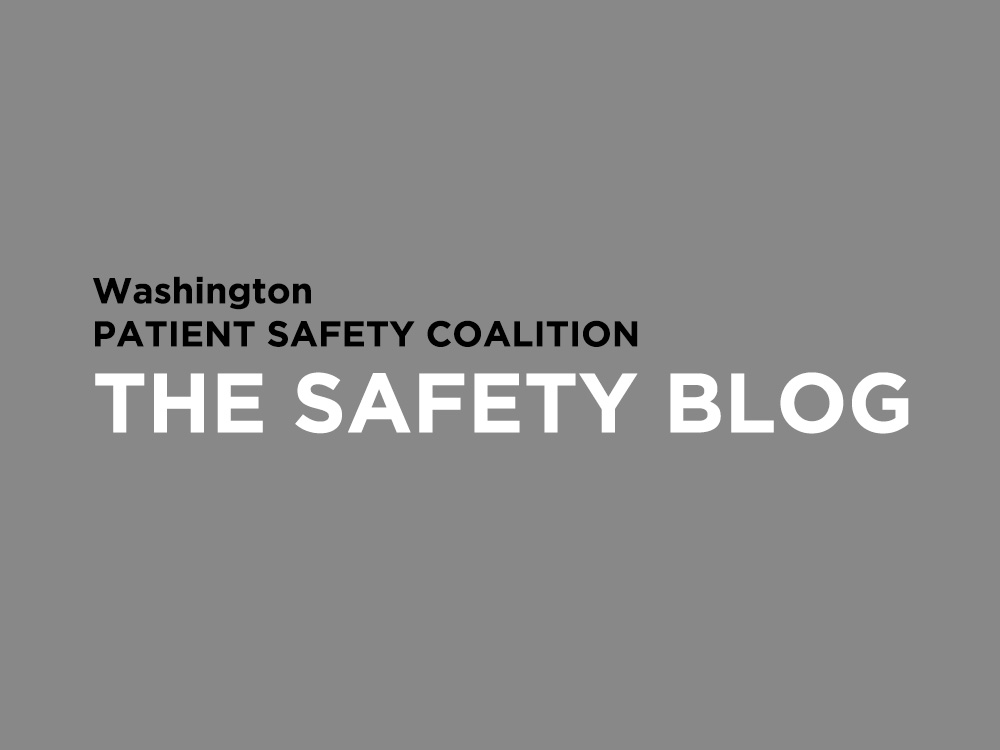- FHCQ Foundation for Health Care Quality
- COAP Care Outcomes Assessment Program
- Spine COAP Care Outcomes Assessment Program
- SCOAP Care Outcomes Assessment Program
- OBCOAP Care Outcomes Assessment Program
- CBDR
- Smooth Transitions
- WPSC Patient Safety Coalition
- Bree Collaborative Bree Collaborative
- Health Equity Health Equity
- Admin Simp
- Contact Us
Medication Safety Champion: Dalila Troyer

Medication Safety Champion: Dalila Troyer
In celebration of National Pharmacist Month, the Washington Patient Safety Coalition is featuring an ongoing series of blogs from clinicians on the front line of medication reconciliation efforts. As October 20th was National Pharmacy Technician day, we are highlighting the roles that pharmacy technicians everywhere are playing in keeping patients safe through increased attention to medication safety.
This week’s blog features an interview with Dalila Troyer, of MultiCare Health, on her role in medication safety.
Q: What have been the biggest advancements in the medication safety work being done at your organization?
Getting a new, dedicated medication reconciliation position in both adult and pediatric wards. We’re now able to complete the medication reconciliation process preemptively for everyone who is admitted. There are 2 medication technicians now, one who does all the emergency department patients and one who floats throughout the rest of the hospital. Also, getting Epic EHR has really helped keep everyone connected. Now, it’s easy to follow how, where, and what people are prescribed and what they’re buying. It also connects to other organizations, so we can look at patient charts from when they received care elsewhere.
Q: How does your organization use other community resources, or marketing outlets (including social media) to engage the public around medication safety?
Mostly we just engage via in-person contact, likely in the Emergency Department. It helps to have medication technicians be present in the ED and in inpatient wards, because you become engaged and familiar with patients on another level. This relationship with patients isn’t directly about the clinical care they’re receiving, it is about wanting to know more about them as individuals. So we find that patients really respond well to this and they really feel more invested in.
Q: What have the biggest setbacks been for you in advancing medication safety at your organization, and what would you suggest to an individual experiencing the same barriers in their medication safety work?
Workload remains the biggest issue. We sometimes don’t have the ability to get everyone’s information. Also, Epic software has some barriers. It allows clinicians to close out a patient’s electronic medication list even if the list may not be complete with dosage, dates, or drug frequency.
Q: What are some of the best tools, practices, or educational materials that you use to increase adherence or patient engagement around medication safety?
The EHR. It really helps us stay connected and in constant touch with pharmacies in the community. Sometimes there is a little friction with local pharmacies who are worried about sharing patient information. They aren’t used to a lot of organizations reaching out to them directly to inquire about patients. I think there’s potential for improvement here, in terms of normalizing more collaboration between health care organizations and local pharmacies.
Dalila Troyer, CPhT
MultiCare Health
Recent Posts
- TakeCharge This Patient Safety Awareness Week: 5 Steps to Safer Healthcare
- Stigma & Bias in Healthcare: The Obstacles, Consequences and Changes Needed
- Agility in Crisis: How The Everett Clinic responded to COVID-19
- Collaboration over Competition: How Pediatric Hospitals Can Thrive When They Work Together
- Reducing Stress for Health Professionals During the COVID-19 Pandemic

